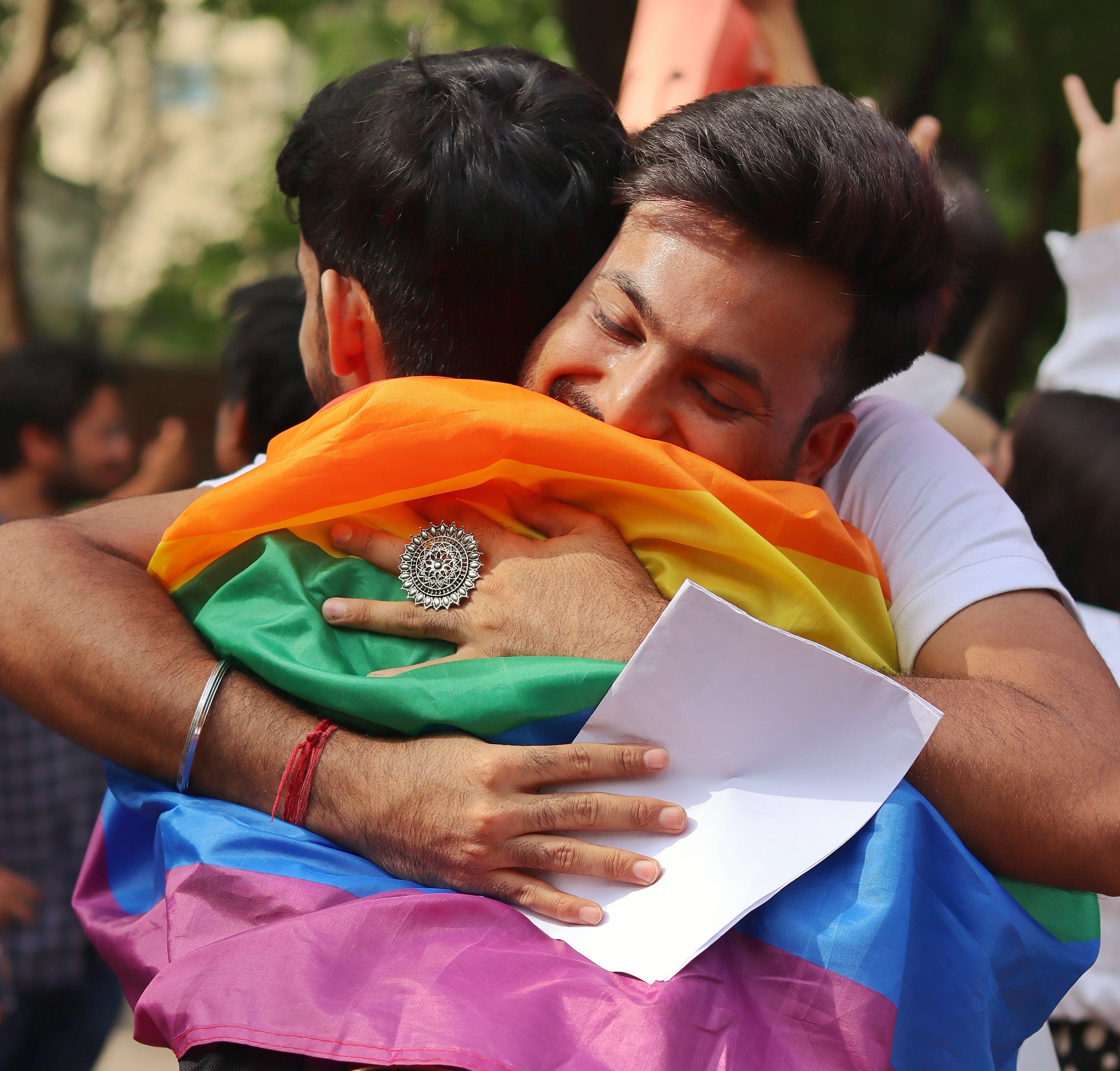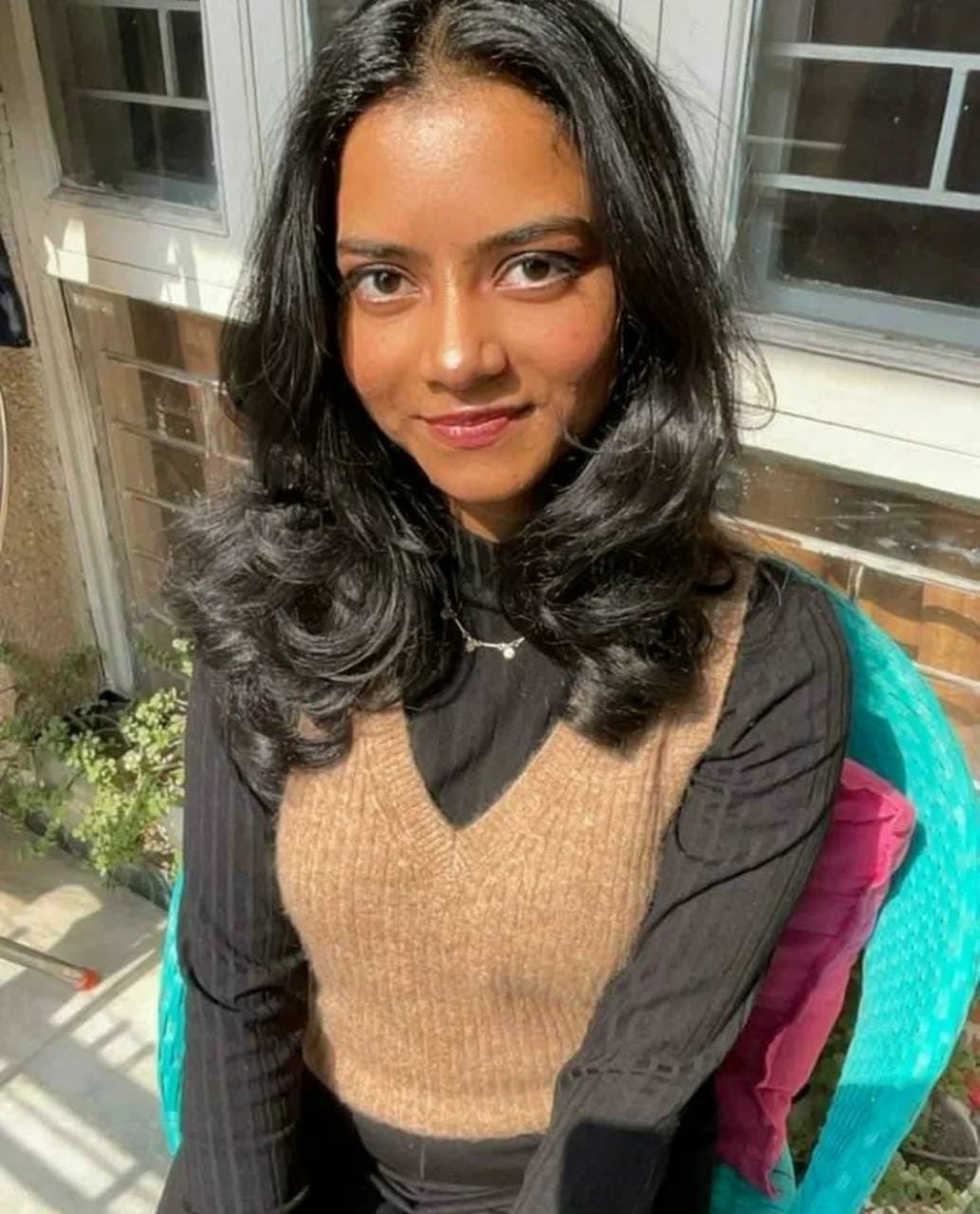Whilst queerness remains minoritized, Rohin Bhatt, unceasingly challenges how heterosis normativity continues to operate in India.
Seven years after the Nalsa Judgement, the Indian Supreme Court’s promise of recognizing the “third gender” remains on paper. For most people in India, using a public toilet remains an ingrained instinct rather than a choice. And as far as options go, men use the men’s room, women the women’s.
On March 24th, 2023, Queer non-binary lawyer, Rohin Bhatt, wrote to the Supreme Court asking for gender-neutral washrooms on Court premises & Queer Representation in the Gender Sensitisation and Complaints Committee.
He had previously requested, in a letter to the Chief Justice, that lawyers be asked to include their pronouns on appearance slips in court so that judgements correctly report the pronouns. While still a request, for Bhatt, if this step is implemented, it would mark a new era of a queer-friendly judiciary. With this in tandem with the Transgender Persons (Protection of Rights) Act, 2019, the formulation and implementation of welfare programs, schemes, and programs for education, social security, healthcare, effective social participation, and state governments' facilitation of access to these welfare programs could further the recognition and rights for transgender individuals.
If the intersectionality of gender and politics interests you, you can read more about Rohin's work on Young India Foundation's 25under25.
.png)



